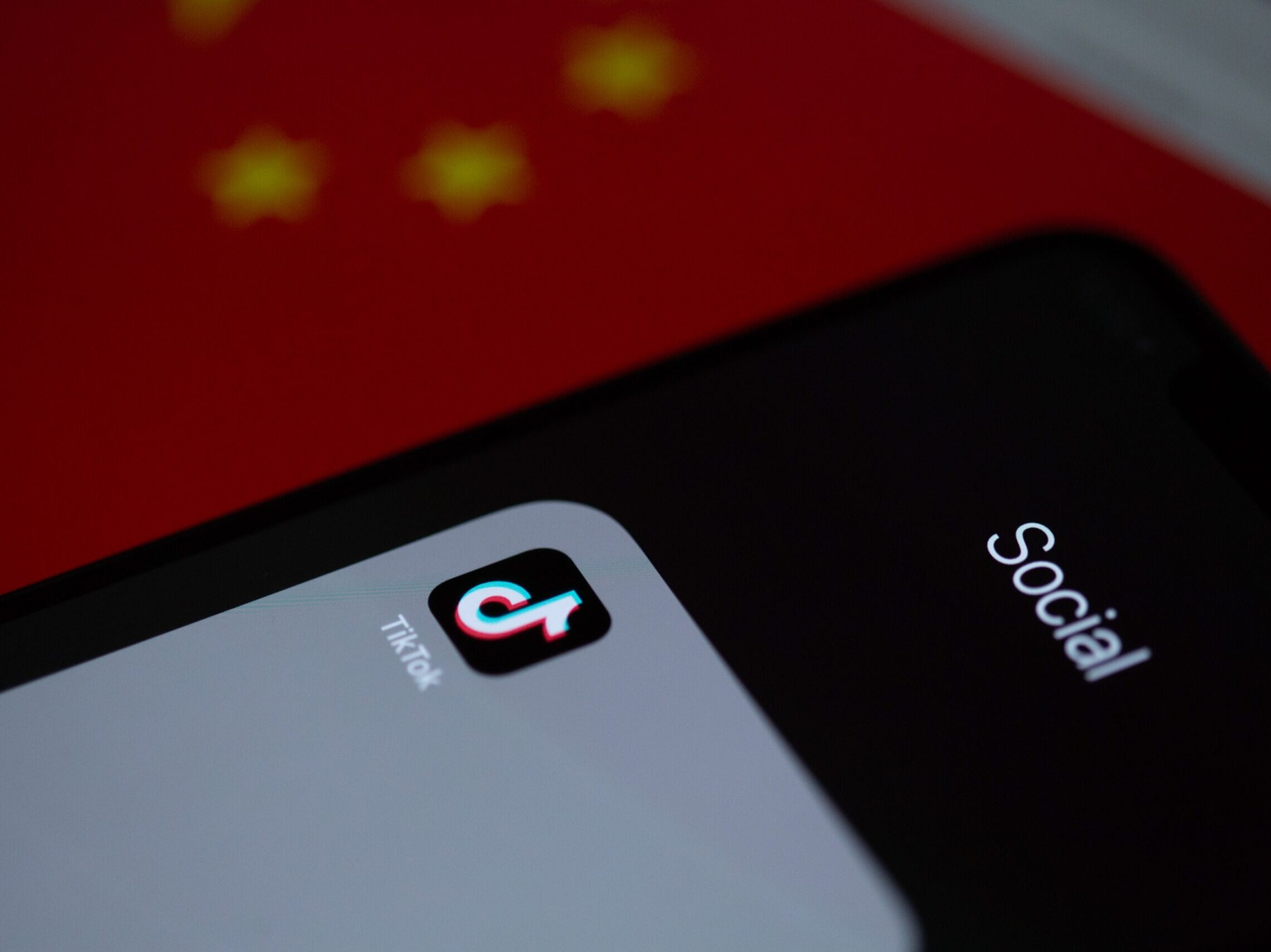5/22/2023
On Wednesday, Governor Greg Gianforte banned the popular social media application, TikTok, from operating within the state of Montana. The law takes effect in January 2024, and outlines potential fines of $10,000 per day for entities, such as app stores, that let people download the app. Everyday TikTok users will not be subject to fines. Gianforte’s signature on Senate Bill 419 made Montana the first state in the U.S. to ban TikTok. Gianforte signed a separate executive order on Wednesday prohibiting the use of any social media applications on state devices that may be “tied to foreign adversaries”. The order will take effect June 1.
In a statement regarding his signature on Senate Bill 419, Gianforte said that the law will “protect Montanans’ personal, private, and sensitive data and information from intelligence gathering by the Chinese Communist Party”. The concern surrounding data privacy for its users stems from TikTok’s parent company, ByteDance, being a China-based company. Many U.S. officials fear that sensitive data from U.S.-based users will be made accessible to the Chinese government for spying purposes. At the time of signing the bill, there is no evidence of such an occurrence. However, an ex-ByteDance executive claims that, during his time at the company, certain engineers had “backdoor access” to user data.
The response to the new law has been lukewarm at best, and many critics are condemning it outright. Several opponents to the law believe it is blatantly unconstitutional. NetChoice is a technology trade group of which TikTok is a member. Carl Szabo, general counsel for NetChoice, says that in blocking access to apps and websites, Montana’s new law ignores U.S. citizens’ right to free speech [https://www.cnn.com/2023/05/17/tech/montana-governor-tiktok/index.html]. The American Civil Liberties Union also spoke out against the ban. ACLU of Montana policy director Keegan Medrano said the law is an attempt to use “anti-Chinese sentiment” to win cheap political points, and doing so flouts the First Amendment.
Though the ACLU has not stated that they will pursue legal action, court intervention is a likely scenario. Users went to court over the Trump Administration’s 2020 ban of the Chinese app, WeChat. The case resulted in a federal judge halting the ban citing freedom of speech concerns, and in 2021, the Biden Administration rescinded the ban altogether. Regarding Senate Bill 419, a spokesperson for TikTok said that the bill’s champions stated that its constitutionality will need to be decided in court. It has also been noted that there is no clear plan of implementation for the law.
It is clear that the main talking point for many opponents to this new law is that it will violate freedom of speech. However, that language may still leave room for the implications of such a violation to be overlooked. Banning social media applications outright sets a precedent, perhaps paving the way for more restrictive bans in the future. One significance of such a possibility is it could enable politicians to stifle demographics of voters as they see fit. Discussed in a previous Weekly News Profile, 41.7 percent of all TikTok users in 2022 were between the ages of 18 and 24. That same year, voter turnout for the 2022 midterm elections saw near record numbers for youth turnout – second only to the 2018 midterms. Social media has become a powerful tool for mobilizing young voters by providing community and education.
Gen-Z voted largely with Democrats in the 2022 midterms. Seven months later, the first U.S. TikTok ban was signed into law by a Republican governor. There is no evidence of correlation between these events. However, their timing may warrant further discussion into what it means to ban public access to social media.

